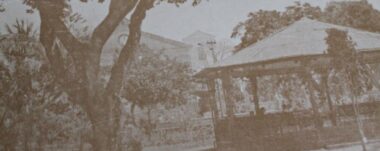China Kichá: Devastating Fires Ravage Indigenous Crops
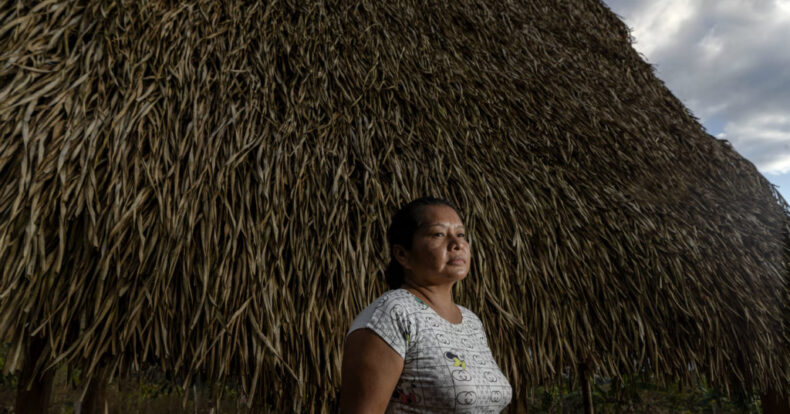
Photo extracted from Semanario Universidad
The Cabécar indigenous community of China Kichá, located in Costa Rica, is facing a devastating reality: arson has destroyed around 170 hectares of their land in just one week. Despite these criminal acts, they not only represent a significant material loss for the community, but also threaten their food security and traditional way of life.
Four fires in one week burned to ashes the crops of the indigenous community, which for the fourth consecutive year has denounced fires set on the orders of farmers opposed to their recoveries.
Semanario Universidad
Arson destroys crops of Cabécar indigenous community of China Kichá
Among the desolation caused by the flames, Eleonora Ríos and Greivin Fernández managed to salvage just three bunches of bananas and four ears of corn from the ashes. Farmers grew a variety of fruits on the land, but now only a charred memory of months of hard work remains.
The fires, which reached flames between 5 and 7 meters high, have devastated a large part of the 1,100 hectares. In the fourth consecutive year, farmers have set fires in the community in response to the community’s land reclamation efforts.
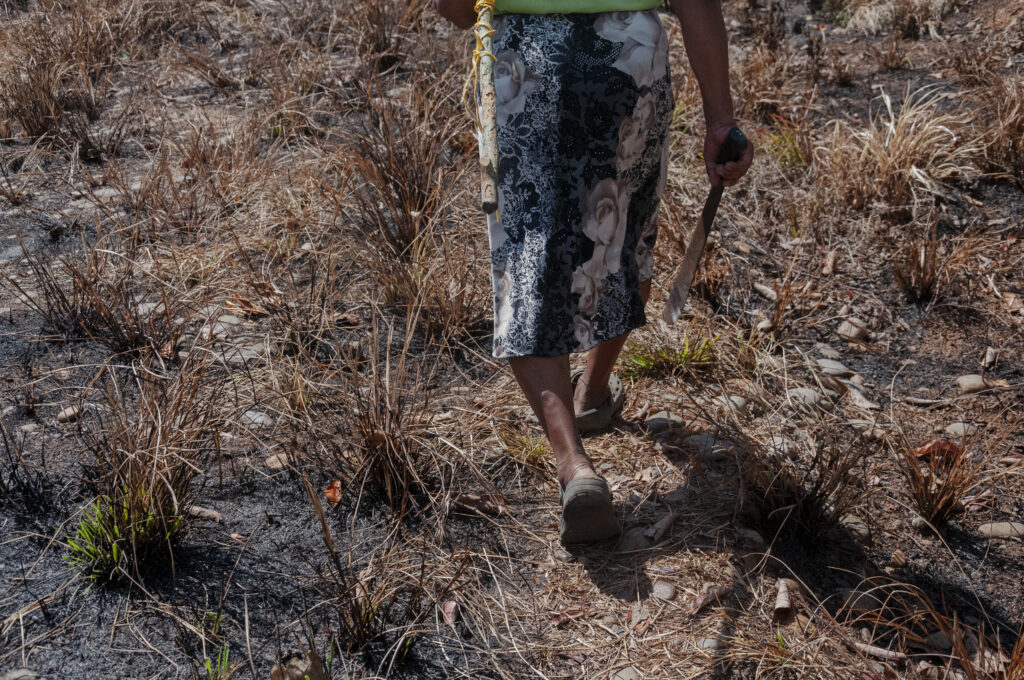
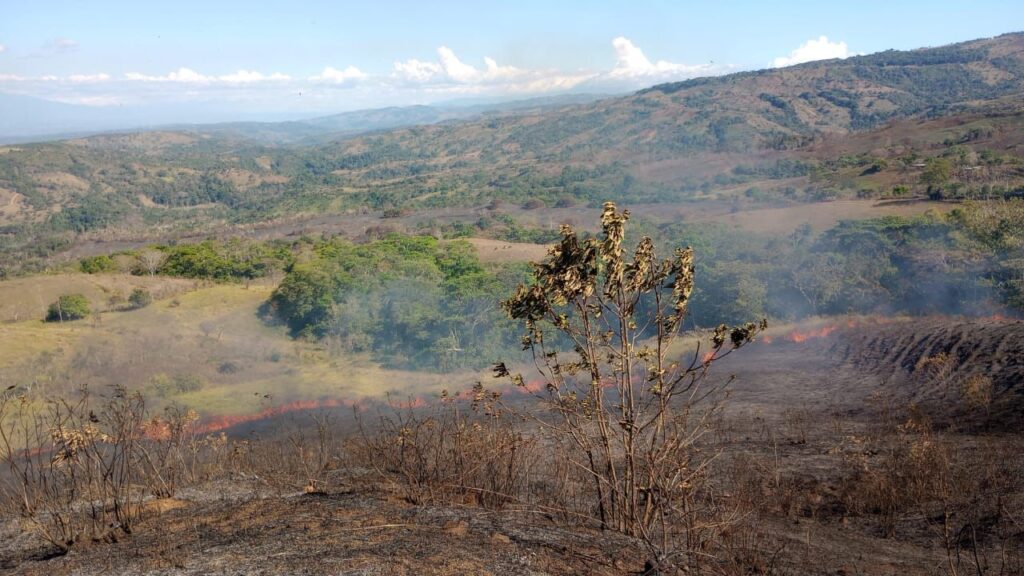
Katherine Ríos, one of Kono Jú’s recuperators, describes how last week she lost everything she had worked so hard to grow. Her fruits and medicinal plants, essential to the community’s livelihood, turned to ashes. Despite the devastation, Katherine is determined to plant again, though now facing an even greater challenge due to the loss of their water source.
Intentional Fires Threaten Indigenous Community Food Security
Since 2018, the indigenous leaders of China Kichá have been actively fighting to recover their lands, which have historically been denied to them. But people have constantly harassed and exercised violence against their struggle, including through death threats and physical assaults. Arson is just one more tactic in this campaign of intimidation.
Even with the community’s complaints, the authorities initially blamed the indigenous people themselves for starting the fires, ignoring the evident pattern of systematic attacks. The lack of action by firefighters and security forces has left the community vulnerable and helpless in the face of these threats.
Unfortunately, there is a terrible underreporting of people who receive threats and, frightened, keep them to themselves. They go to court and it is not known whether the cases were convicted or dismissed or whether the people settled for fear of civil action.
Nicolas Boeglin, professor at the Faculty of Law of the University of Costa Rica (UCR)
Only in cases of homicide, in which the authorities are obliged to intervene without the need for a complaint, could the registry more accurately reflect the real situation. Yet, a persistent obstacle is that on numerous occasions, these cases of death remain unresolved, as in the case of indigenous leader Sergio Rojas, where no one has been brought to justice as responsible.

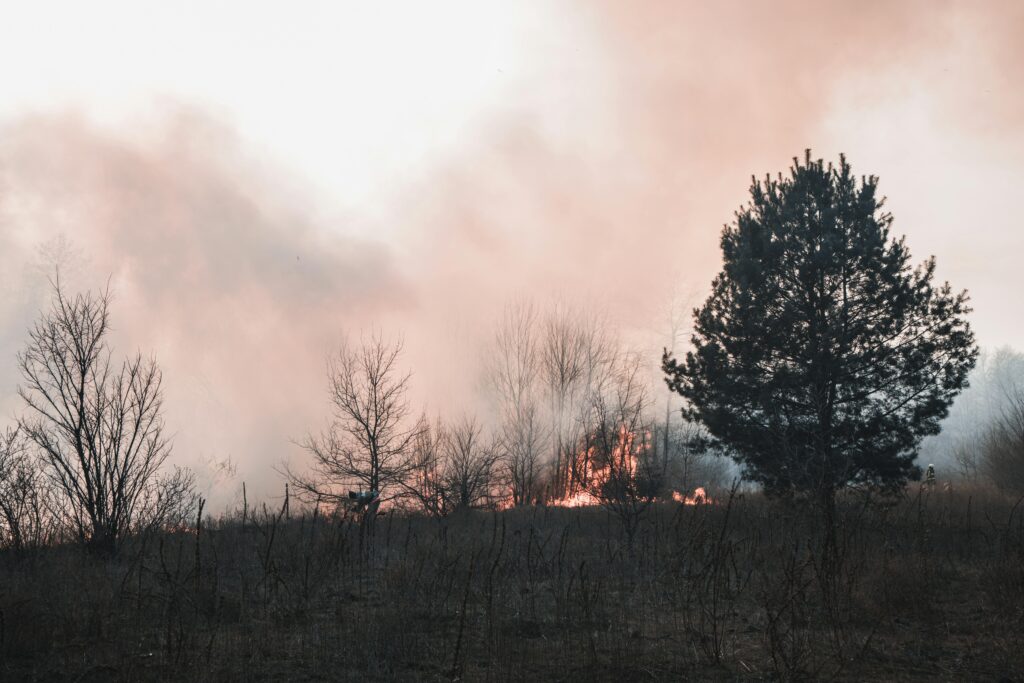
Fire and Despair
There are difficulties for firefighters in gaining access to the affected area, which further aggravates the situation. According to security protocol, the security forces are required to check the situation before the firefighters can intervene, which is particularly problematic given the hostility they face in the community.
Besides the loss of crops and the constant threat of violence, the community also faces the destruction of its environment. Fires have devastated reforested areas and threaten the region’s biodiversity.
The situation only reflects a broader problem of violence and discrimination against indigenous communities in Costa Rica. Despite condemnations from international bodies such as the United Nations, the Costa Rican government has failed to protect the rights and safety of these communities.
Sensorial Sunsets
Navigate articles



